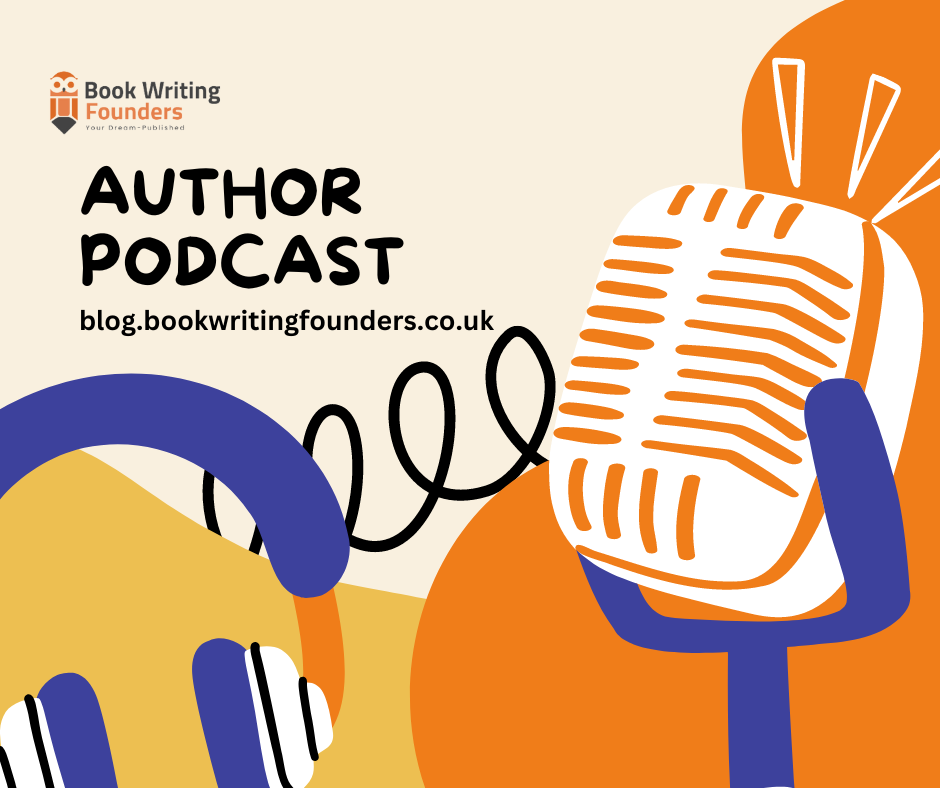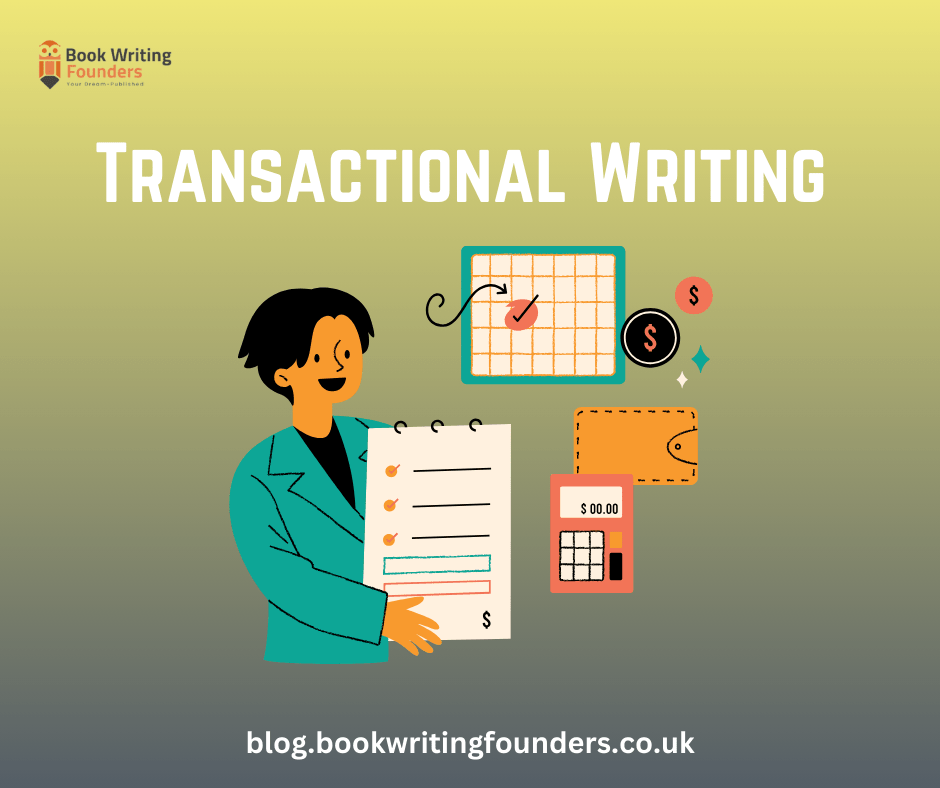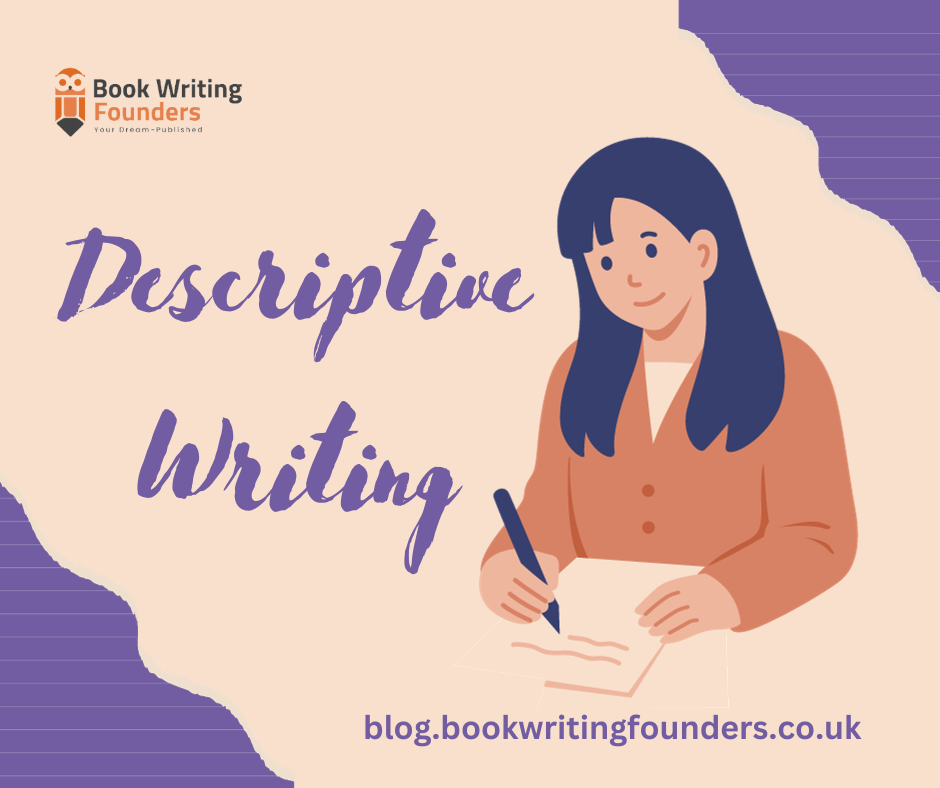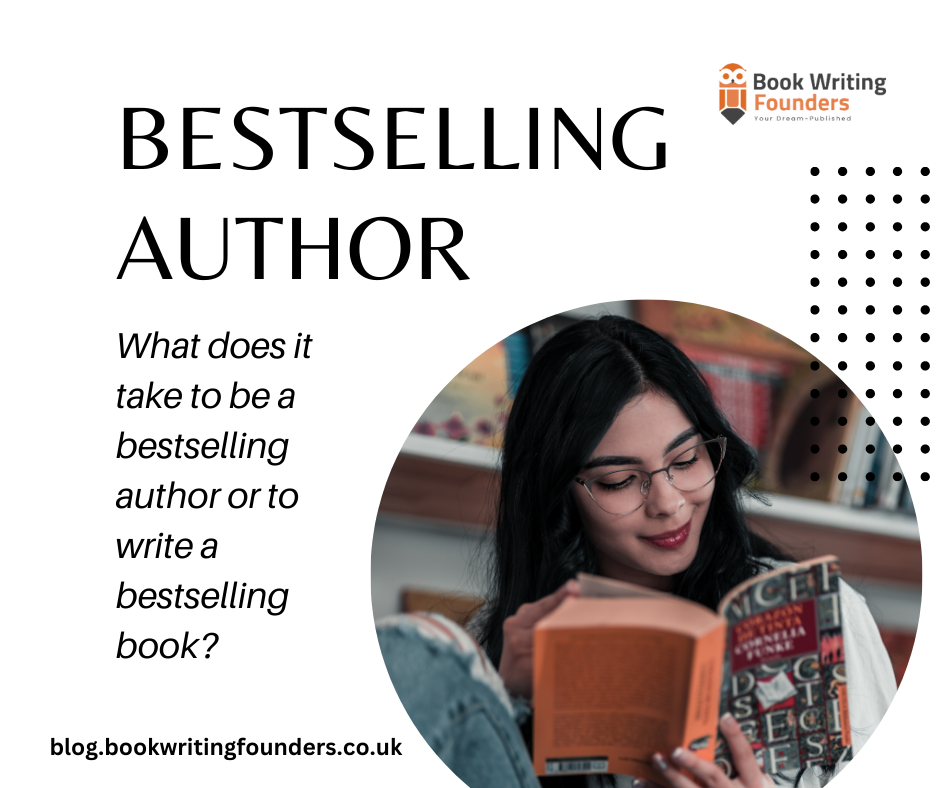
Author
Introduction
Over the past decade, podcasting has exploded in popularity, evolving from a niche format into a mainstream media channel.
Author podcasts provide a unique opportunity to showcase expertise, create deeper engagement with your audience, and grow your brand. Listeners discover the human side of authors they love while learning insider knowledge about the writing, publishing, and editing process.
The intimate nature of audio allows authors to forge more meaningful bonds with fans. For writers, podcasts open up new revenue streams and promotional avenues if leveraged successfully.
With low barriers to entry and the chance to tap into podcasting’s meteoric growth, author podcasts have flourished in recent years. As podcast production and promotion become easier, authors have never had a better time to start a podcast. Done right, it can take your career and platform to new heights.
What is an Author Podcast?
An author podcast is an audio show hosted by an author, featuring discussions about their books, expertise, writing process, and overall author journey. Unlike a typical book-focused podcast that interviews different authors, an author podcast is centered around one author sharing their unique experiences.
It involves authors essentially turning themselves into podcast hosts. The author regularly records and releases episodes where they share stories, insights, writing tips, behind-the-scenes details about their books, and more. It is an audio platform for authors to deepen their connection with readers and reach new audiences.
While author podcasts are similar to typical podcasts, they are specifically focused on providing value to an author’s current and potential readers. The content is centered around giving listeners a closer look into the author’s life and enhancing their experience with the author’s books. Author podcasts humanize authors, allow them to showcase their personalities, and establish themselves as thought leaders in their field.
Benefits for Authors
Launching an author podcast can provide many benefits that help grow your author platform and brand. Here are some of the key advantages authors can gain from starting a podcast:
Build Your Platform and Audience
One of the biggest benefits of a podcast is the ability to expand your reach and build your audience. Podcasts allow you to connect with existing readers and new fans who may not have yet discovered your books.
As listeners get to know you through episodic content, you build meaningful relationships over time. This helps strengthen your platform and grow an engaged community around you and your work.
Connect with Readers
It enables you to have in-depth conversations about your books, writing process, inspirations, and more.
Readers fascinated by the behind-the-scenes details get to interact with you in a more personal way. The podcast environment fosters a sense of intimacy as readers listen to you chat as if they’re right there with you. These connections deepen reader loyalty.
Generate Book Sales
The podcast brings you repeated exposure that can drive book sales. You can feature your books in podcast episodes, share backstory details that intrigue listeners, and give preorder or release date reminders. Listeners become invested in you and are likelier to purchase your books after following your podcast.
Best Practices for Author Podcasts
A podcast can be a great way to engage readers, promote your books, and position yourself as an expert. But a successful podcast requires more than just hitting record and uploading episodes. To make things easier for you, the Book Writing Founders UK have analyzed a few different podcasts and have deduced the following few best practices to follow.
Have a Consistent Release Schedule
One of the most important things is to release your episodes consistently, whether weekly, biweekly, or monthly. This helps listeners know when to expect new episodes so they can plan to tune in. It also helps your podcast gain momentum as you build up episodes.
Focus on High Production Quality
While elaborate studio equipment isn’t required, ensure your podcast sounds polished and professional. Record in a quiet space to limit background noise. Use a quality microphone to capture crisp audio. Edit episodes to remove verbal fillers like “um” and “ah” and correct any mistakes.
Balance your audio levels so the volume sounds even throughout. Add intro/outro music to brand your show. A podcast that sounds professionally produced will better engage listeners.
Interview Other Authors
Having author interviews is a great podcast format that provides value to listeners. Other writers likely have interesting perspectives from their book writing and publishing experiences.
Reach out to authors in your genre or those you admire to be guests on your show. Come prepared with thoughtful questions that delve into their journey, advice, or stories beyond public knowledge.
Share Writing Advice
Listeners, especially aspiring authors, will appreciate getting advice directly from a published writer. While interviews are one way to provide this, consider solo episodes where you share your tips for writing and publishing.
Topics could include developing characters, finding your writing niche, self-editing, dealing with rejection, marketing tactics, and much more. Tap into your knowledge and lessons learned over your career.
Podcast Distribution
Distributing your author’s podcast widely is crucial for building an audience. Here are some of the main platforms authors should consider distributing their podcasts on:
Apple Podcasts
This is the largest podcast platform and a must for any podcast. You must submit your podcast through Apple Podcasts Connect for review and approval.
Spotify
After Apple, Spotify has the next largest podcast audience. You can submit your podcast through Spotify for Podcasters.
Google Podcasts
Include your podcast in Google Podcasts to tap into the Android and Google ecosystem. Submit via Google Podcasts Manager.
YouTube
Upload your podcast episodes to YouTube as video versions to tap into search traffic and grow your viewership.
Your Website
Host your episodes on your website for easy sharing and ownership over your content.
Social Media
Share your podcast across all your social media channels regularly. Extract short clips to share as videos on TikTok, Instagram, Facebook, etc.
Monetization
Launching a podcast opens up several potential monetization avenues that can provide an additional income stream for writers. Here are some of the main ways authors can generate revenue from their podcasts:
Advertising
Once you’ve grown an engaged listening audience, you can sell advertisements on your podcast. Podcast ads work similarly to traditional radio advertising – you’ll record paid sponsor messages to promote relevant products, services, or brands.
Sponsorships
Seeking individual sponsorships from relevant companies is another good monetization strategy. For example, if you write historical fiction, a museum in your novel’s location may sponsor episodes in exchange for brand mentions.
Or a textbook publisher could sponsor a podcast by an educational author. These partnerships let you earn income while connecting with organizations your audience cares about.
Patronage
Many podcasters leverage patronage platforms like Patreon, where fans pay monthly for bonus content and perks. This can provide a predictable income stream for authors while granting access to more in-depth author interviews, writing prompts, manuscripts in progress, and more.
Conclusion
Starting an author podcast can provide immense value if done right. Throughout this post, we’ve explored the many benefits of author podcasts, from building your brand and platform to connecting with readers more deeply. Most importantly, podcasts allow authors to share their unique stories, perspectives, insights, and expertise.
If you’re on the fence, don’t wait any longer. Commit to starting your author podcast this year. Map out your concept, goals, and content strategy. Line up your first several guests or solo episodes. And press the record on episode one.
You’ll be amazed at how podcasting unlocks new opportunities for you and your work. The time is now – your voice deserves to be heard.





